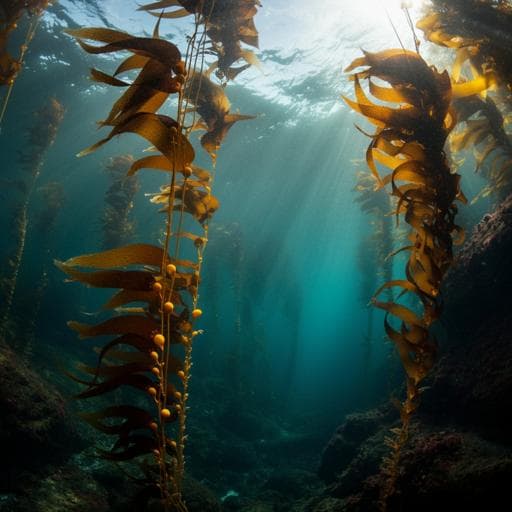
Earth Sciences
Large-scale shift in the structure of a kelp forest ecosystem co-occurs with an epizootic and marine heatwave
M. L. Mcpherson, D. J. I. Finger, et al.
Discover how climate change is reshaping marine ecosystems! This groundbreaking research, conducted by Meredith L. McPherson and colleagues, reveals the alarming decline of bull kelp forests in northern California, driven by extreme marine heatwaves and keystone predator declines. Explore vital ecosystem management strategies to restore these vital underwater habitats.
Related Publications
Explore these studies to deepen your understanding of the subject.







